The subjects of "cultural appropriation" and "sensitivity reading" (or "cultural sensitivity") have come on my radar in recent months, and frankly have left me feeling very disquieted. I thoroughly enjoyed a morning of coffee today with a fellow crime writer (and also ex-cop like me), who was visiting from interstate, and this very subject came up in relation to both our writing. Hence, my nascent blog piece rose to the surface.
So let's look at the two concepts, related as they are, and both driven, in my opinion, by political correctness.
"Cultural appropriation", simply expressed, is where we, as writers, write from a different cultural perspective than our own. The politically correct brigade, brought out marching hard, and very upset, following the address by Lionel Shriver at the 2016 Brisbane Writers' Festival (where she dared to challenge the current political correctness), assert that we, as writers, cannot write from any cultural perspective other than our own. If we do, then we are "appropriating" the other culture, and that is unacceptable.
What a pile of ordure! If we, as writers, can't write whatever we feel and whatever we want to express, then what is the point of literature?
A person doesn't have to like what I write, and they don't have to agree with what I write, but in a liberal democracy I have a right to write whatever I write (fiction, anyway). If people don't like it, they can give me that feedback - I'll meet them head on, not a problem. They can go on social media and slag off my writing, if that's how they feel, having read it. Again, I'll meet them head on. Better still, they don't have to bother reading me at all. Because there are plenty of people who do enjoy reading my work, and I actually write for them. At the end of the day, we do live in a democracy (although it is slipping), and people are free to read, or not read, whatever they choose. Just as I am free to write whatever I choose, whether it suits others' politically correct sensibilities or not.
In my Harry's World, I certainly have characters from different cultural groups to my own. I have them there to reflect the mixed culture we live in. I treat them respectfully, where appropriate (given that some of them are bad characters), and I never pretend to be able to espouse life from their point of view. However, they are there, and according to the politically correct brigade, I am engaging in "cultural appropriation". Because I can't possibly write from the perspective of an African man or Jamaican woman (two of my characters, as an example). I also have other female characters, so I really am pushing the boundaries, given I'm not female.
Now, nowhere in my writing do I pretend to be able to understand what life looks like from the perspective of an African man or Jamaican woman, or any other female. But I have them as characters, and I have them saying and thinking things. Why shouldn't I? This is fiction - I'm a writer creating a world for my readers.
If we succumbed to the current political correctness, then I would only be able to write characters from my own cultural knowledge.
Brace yourselves!!!
I am a white, middle-aged, Anglo-Celtic, heterosexual, Australian male. If I could only write from my cultural position, then all my characters would be like me! Aaaaagh! Run for the hills!!!
It might be all right for one scene down the pub with a bunch of middle-aged white Aussie blokes having a beer or sixteen. But it would make for a really boring entire book.
I can't think of any good writer in history who has produced a work that doesn't encompass different cultural groups, be it from the perspective of gender, race, or otherwise.
To make that point, I'm going to mention Ray Bradbury's The Martian Chronicles. This is one of the most wonderful and powerful sci-fi novels I have ever read. But Bradbury writes, in part, from the perspective of the Martians. Now, how could he know what it was like to be a Martian? He couldn't, clearly; he imagined it, as a writer does. The novel is in large part an allegory about colonialism, and it is brilliant in this aspect. Could Bradbury relate directly to colonised people? Ah, no. He was a 20th century white American - they can't claim to be colonised. So, using the argument bandied about by the politically correct brigade, Bradbury has engaged in "cultural appropriation" on a double level.
Let's talk briefly about "sensitivity reading" (or "cultural sensitivity"), as it relates directly to the above conversation. And I will talk about this from the perspective of my own novel, Harry's World. The concept of "cultural sensitivity" means that we, as writers, should not write anything which might offend any particular group in our society. There is a growing movement that suggests authors should get "sensitivity readers", from any particular social group they write about, to vet their draft work to iron out anything which is "insensitive".
Again, I won't be told what to write!
By way of example, I have a completely despicable character in Harry's World who is clearly and offensively racist. I have deliberately created the character thus, as I want to highlight my disgust at racism. And I do this through the despicable character. Now, given the character's comments about black Africans (and West Indians), I would well imagine that many readers would find this character's comments to be offensive. They are offensive; deliberately so. This is one of the points of fiction writing - it's about making social comment. Further, I write in detail about many characters influenced by the corruption I have seen in my professional life. If there are corrupt government officials out there who are offended by what I have portrayed, then all the better. Offence is not always a bad thing.
In summary, writing and literature is about free expression. Any attempt to constrain this expression, even when dressed up as something supposedly respectable, constitutes a form of censorship. And I never consider political correctness as respectable. Never, ever! It is, in my view, actually censorship and totalitarianism by stealth.
Censorship is at all times, in all forms, and in all circumstances, utterly abhorrent. Any thinking person in a democracy ought to be terrified by censorship. Read (or re-read) Orwell's 1984 if you need reminding.
As authors, we have to be allowed to write whatever we feel. If a reader doesn't like it, then fine, that's their right. But they do not have any licence to impinge on my right as an author to say whatever I want to say.
Cheers,
ABP.


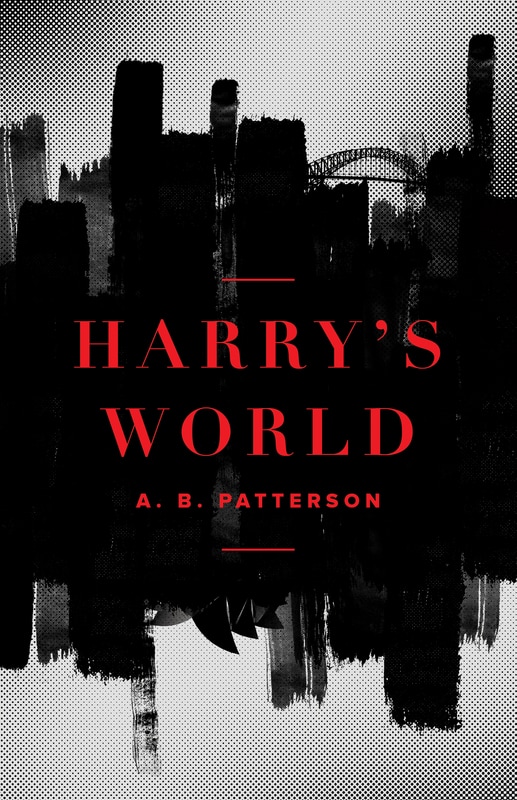
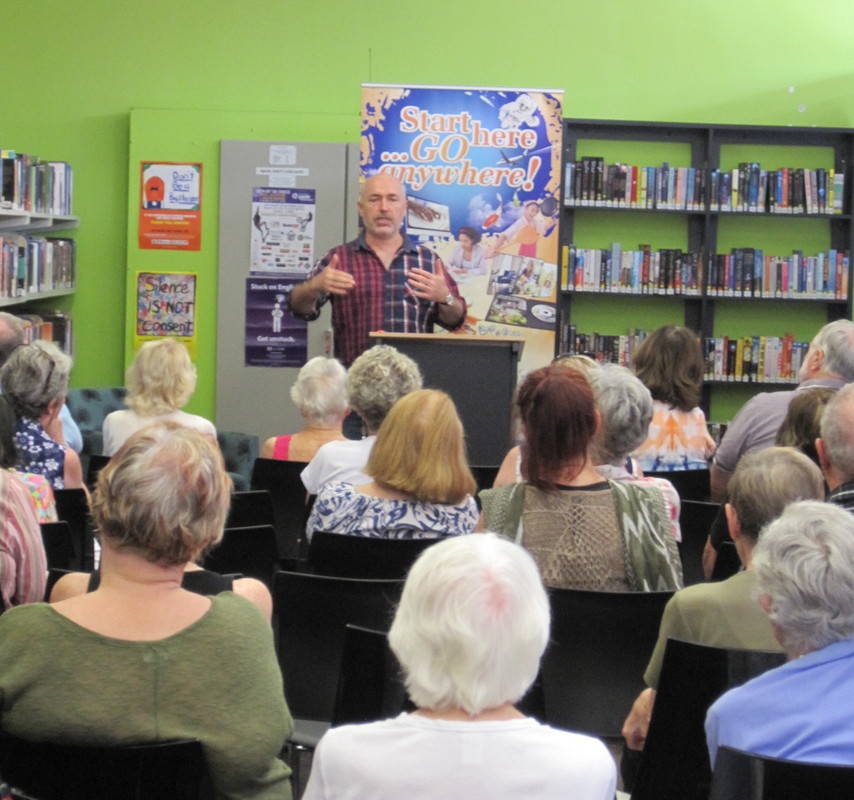
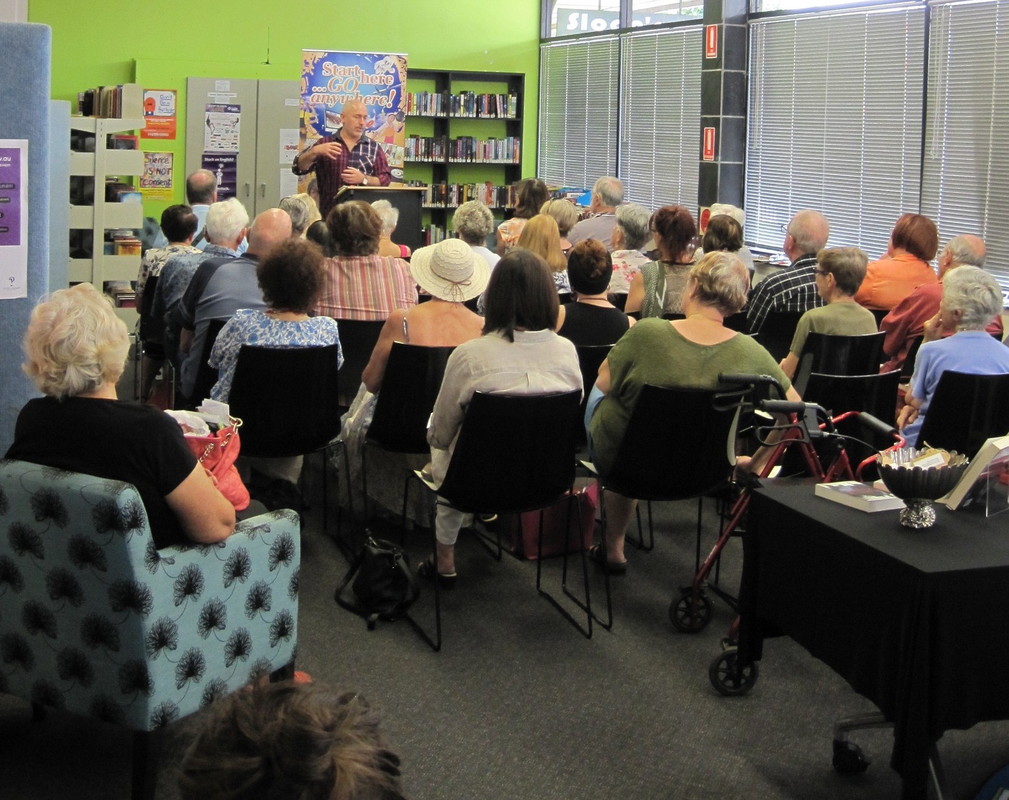
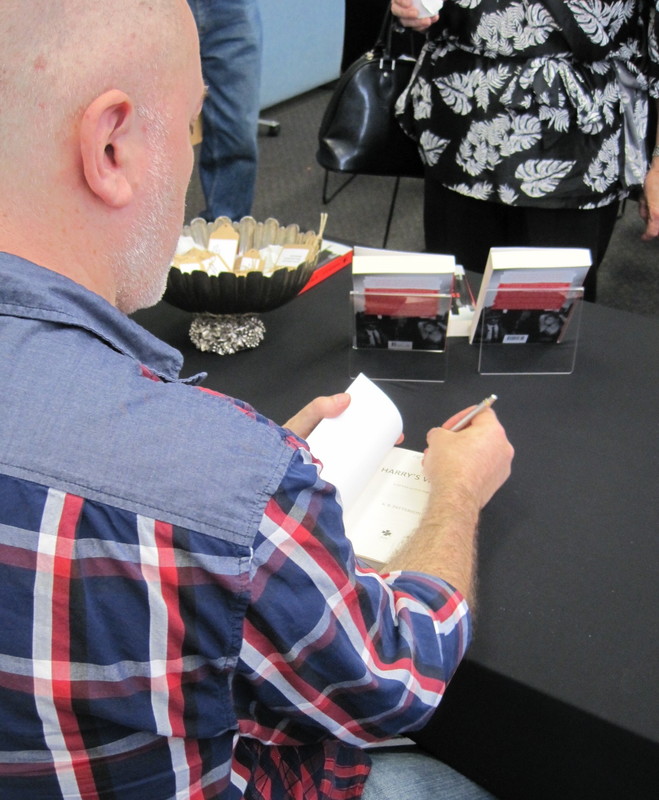
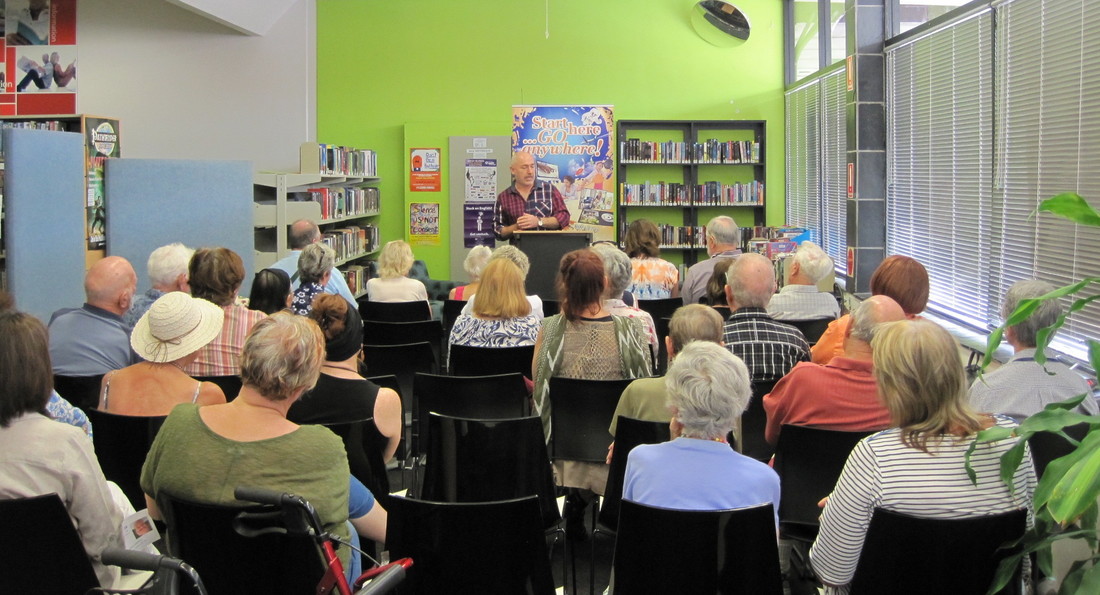

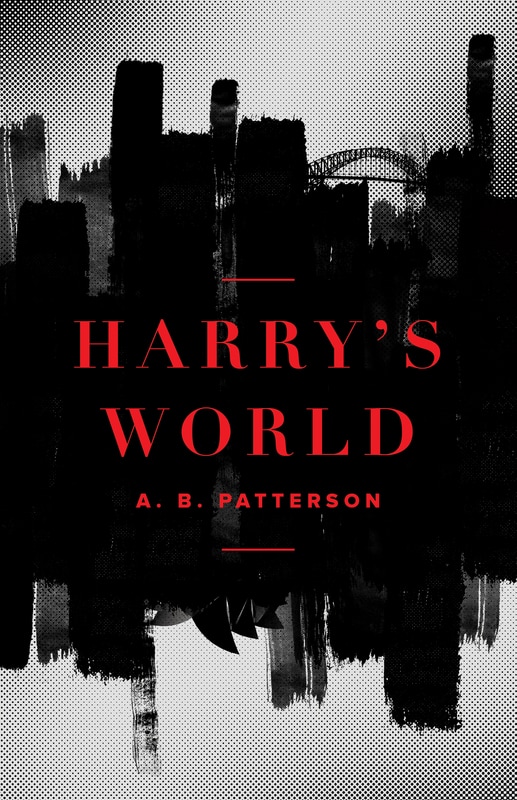
 RSS Feed
RSS Feed